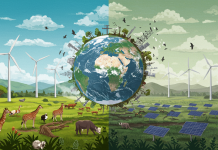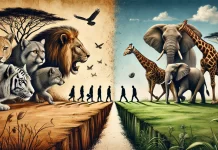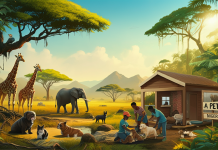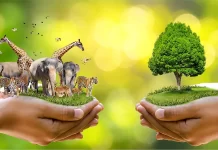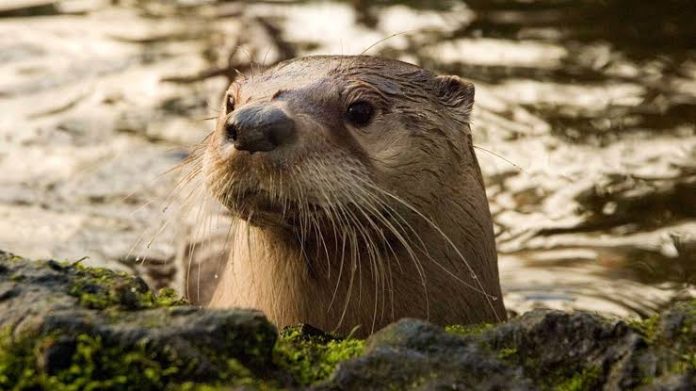The last 50 years have witnessed a great decrease in the population of the monitored animal species by 70% according to a landmark assessment sent out on Thursday which spotlights the devastating effect human activities is having on nature.
The data used was gathered from 32,000 populations of more than 5,000 species of mammals, birds, amphibians, reptiles and fish. The WWF Livjng Planet Index shows growing falls across the globe.
Territories rich in biodiversity have also been highly impacted by these losses, for instance, areas such as Latin American and the Carribeans the loss is as immense as 94 percent.
The Director General of WWF International Marco Lambertini, commented that his organisation was very worried by the recent data.
Quoting his directly, he said ” it shows a devastating fall in wildlife populations, in particular in tropical regions that are home to some of the most biodiverse landscapes in the world”
Mark Wright, the director of science at WWF, said the figures were “truly frightening” particularly for Latin America.
“Latin America is renowned for its biodiversity of course. It’s really important for lots of other things as well” he said
“It’s super important for regulating the climate. We estimate currently there’s something like 150 to 200 billion tons of carbon wrapped up in the forests of the Amazon.”
This surpasses by 10 to 15 times the current emission rates of green house gasses.
According to the research, freshwater species has dwindled more than those found in any other habitat, with an 83 percent fall since 1970.
Through the research, it has also discovered that development, farming, exploitation, the introduction of invasive species, pollution, climate change and diseases are the root causes of habitat degradation which results in wildlife loss.
Mr Lsmbertini observed that humans needed to reconsider their harmful and wasteful agricultural practices before the collapse of the global food chain occurs.
“Food systems today are responsible for over 80 percent of deforestation on land, and if you look at the ocean and freshwater they are also driving a collapse of fishery stocks and populations in those habitats. ” he enunciated
With world leaders due to convene in Montreal for the COP15 biodiversity summit in December, the report authors called for an international, binding commitment to protect nature, similar to the 2015 Paris Agreement on climate change.
The Living Planet Report argues that increasing conservation and restoration efforts, producing and consuming food more sustainably, and rapidly and deeply decarbonizing all sectors can alleviate the twin crises of climate change and biodiversity loss.
It behoves on he government not to neglect the usefulness of nature in providing food, medicine and water thereby including this in their policy making.
“We need to stress the fact that nature loss is not just a moral issue of our duty to protect the rest of the world. It is actually an issue of material value, an issue of security for humanity as well,” said Lambertini
The population loss hit harder in some regions than others, for example, Europe experienced a wildlife population decrease by 18 percent.
“But that also masks historic, very extreme losses of biodiversity,” said Andrew Terry, director of conservation at the Zoological Society of London, which helped compile the data.
“We know that we’re coming out of (a) low point in the state of biodiversity in the northern hemisphere.”
Africa as well reported a two-thirds drop in wildlife populations since 1970.
The Africa regional director at WWF Alice Ruhweza said that the assessment revealed how there was a “huge human cost” when nature is lost.
She said young people in particular were concerned about wildlife preservation, and would push governments to implement greater protective measures.
“We have a young, entrepreneurial and increasingly educated population that is showing more awareness around issues of nature,” said Ruhweza.
“So the potential for transformative change is really significant. But the time is running short, and we need to act now.” she concluded.

